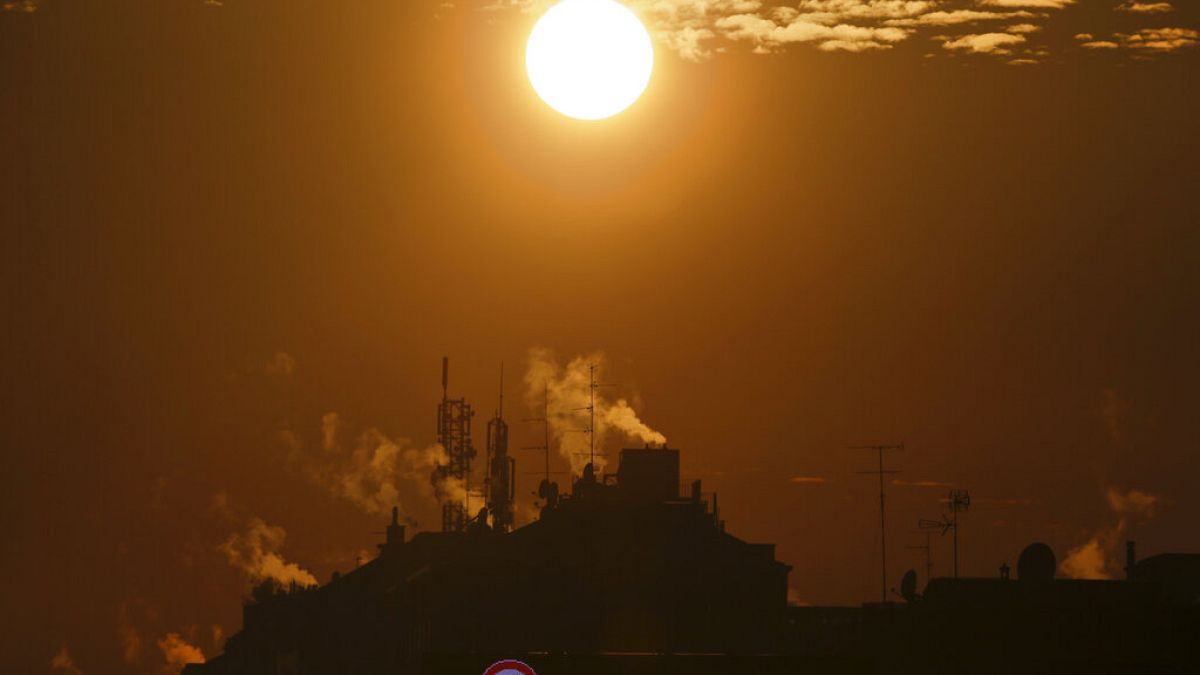Germany seeks reassurance from the European Commission regarding the implementation of stricter air quality rules in Europe. At an EU Council summit in Luxembourg, environment ministers approved tighter limits for air pollutants, a move that has been praised by environmentalists and public health advocates. The legal charity ClientEarth is supporting residents of Belgium, Germany, Italy, and Poland in their efforts to hold governments accountable for failing to meet existing air quality standards and recognize the right to clean air as a human right in court.
The revision of the Ambient Air Quality Directive aligns Europe’s air pollution limits with the recommendations set by the World Health Organization for gases like oxides of sulphur and nitrogen, as well as harmful microscopic particulate matter. ClientEarth has lauded certain provisions in the directive that give citizens the right to take legal action against authorities who fail to protect them from illegal levels of air pollution. This includes the requirement for governments to compensate individuals whose health has been harmed by dirty air. The focus now shifts to EU countries as they gear up for the implementation of the new law, with calls for efficient planning and resource allocation from ClientEarth.
While almost all EU countries supported the stricter regulations on air quality, Germany raised concerns about potential restrictions on car driving or the closure of polluting factories. The country welcomed a clause that allows for the postponement of compliance deadlines until 2040 under certain circumstances, such as adverse weather conditions or cross-border pollution. Germany has urged the European Commission to expedite supplementary legislation clarifying that governments will not be compelled to implement driving bans or close industrial plants as a condition for deadline extensions. Latvia also expressed concerns about the short transitional periods provided for implementing the new provisions, particularly in terms of setting up monitoring systems for new pollutants.
The Health and Environment Alliance emphasized that dirty air remains a significant threat to health in Europe, with data indicating that only 3% of Europeans are not regularly exposed to high levels of pollution. Both short- and long-term exposure to air pollution can increase the risk of various health issues, including cardiovascular disease, asthma, and lung cancer. The campaign group highlighted the need for swift implementation of the revised Directive to improve air quality and reduce the associated health costs. Anne Stauffer, the deputy director of the alliance, stressed that immediate action is necessary to achieve these health benefits and mitigate the effects of air pollution on the population.
In conclusion, the approval of stricter air quality rules in Europe marks a significant step towards better protection of public health and the environment. The legal support provided by ClientEarth to residents seeking accountability from governments is crucial in ensuring compliance with air quality standards and upholding the right to clean air. While concerns have been raised by countries like Germany and Latvia regarding certain provisions of the directive, the overall goal of improving air quality and reducing health risks remains a top priority. The Health and Environment Alliance’s advocacy for swift implementation of the revised Directive underscores the urgent need to address the harmful effects of air pollution and promote a healthier future for all Europeans.











